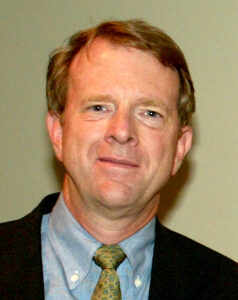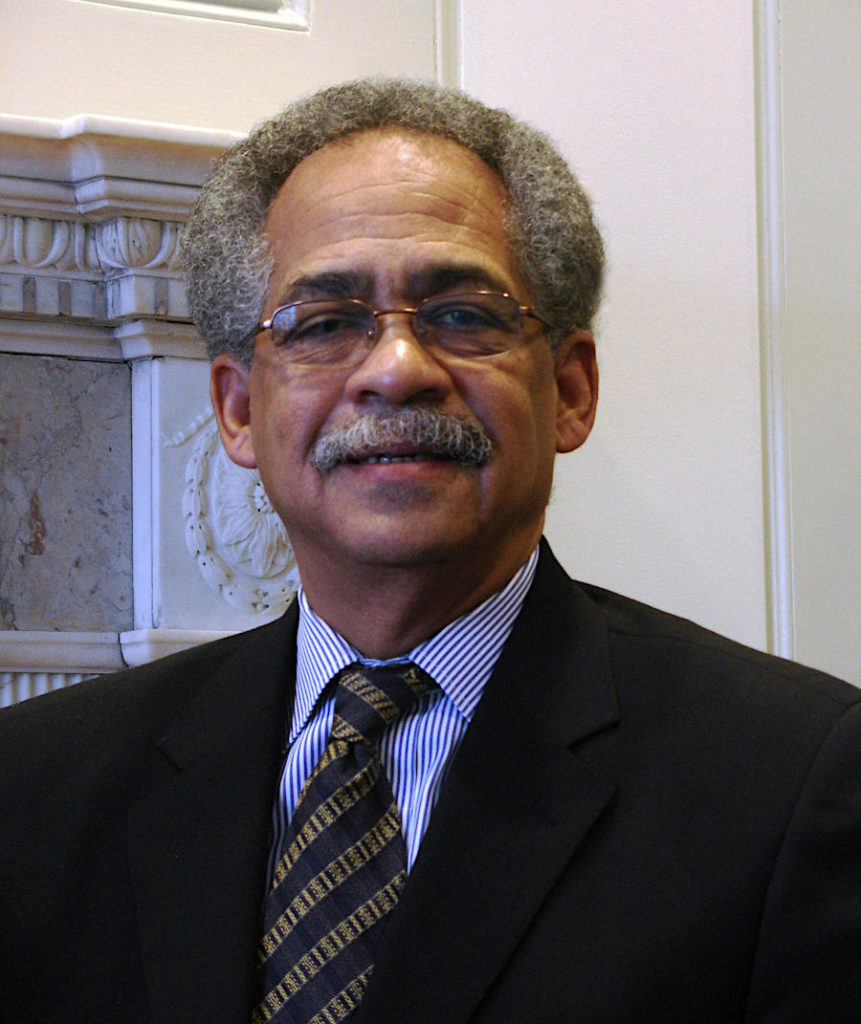Please join us for a special, exclusive event featuring Lt. Tom Schram, a former U.S. Navy intelligence officer, who specializes in the study and reporting on national security and political-economic events in China, the Western Pacific, the Middle East, and Afghanistan.
Thursday, November 18 at 6:30PM EST (Zoom)
The disaster and chaos in Afghanistan just keep getting worse. With the government unable to pay its bills, the infrastructure crumbling, the ruthless treatment of remaining Afghans who could not escape during the U.S./NATO airlift, the ruling Taliban are finding it complex and difficult to govern and manage as they change from fighting a war to state building, all in a failing economy with no workable financial system in place.
The Taliban’s approach to government has been and continues to be a strict Sharia law under a vicious theocracy. Their merciless approach to those not conforming exactly to these beliefs knows no mercy for those left behind following the U.S. departure. Women’s rights are almost non-existent.
Our evening presentation will touch on the history of the region, previous conquests, topographic challenges, war after 9/11, the evacuation debacle and the poor planning decisions by National Command Authority. Last but not least, our speaker will discuss the strategic implications for the U.S. and the world going forward.
 Our Presenting Guest Speaker
Our Presenting Guest Speaker
Tom Schram holds a Bachelor of Science degree in electrical engineering from the United States Naval Academy, Class of 1969. Tom also has an MBA degree in marketing and finance from the Shidler School of Business, University of Hawaii. He was commissioned in the Navy’s Restricted Line and served 7.5 years as a special intelligence officer in the Naval Security Group. He was stationed in both Japan and Okinawa while serving on multiple deployments. In 1973, he was assigned to NSGA Anchorage, AK as Executive Officer. He resigned his commission in late 1976.
His specialty was electronic intelligence collection while serving in the Naval Security Group. He played a role in the Saigon evacuation in 1975. After leaving the Navy, he had an eclectic career starting with Procter & Gamble where he worked in manufacturing, research & development, advertising brand management, and sales. He was a co-owner of an advertising agency that he helped grow from $2M/year in revenue to $12M over five years. He ran a ballistics research firm for eight years, helped start a microbrewery and led an Internet security firm who had developed an unbreakable firewall.
Tom’s innovative approach in each of his endeavors led to patents and unique business opportunities. However, he never lost his interest in discovering and publishing about world events. For the past twenty years, he has been deeply involved in studying and reporting on geopolitical events around the world with special focus on the Middle East, Afghanistan, and China. His resurgence in learning about all things geopolitical began on 9/11/2001 when he lost his very close friend and USNA classmate in the South Tower of the World Trade Center during the attack on America. Most recently, Tom played a direct role in assisting 757 Afghan refugees flee in the recent aftermath of the Taliban takeover and is now currently assisting another group of refugees who desperately need to evacuate Afghanistan.



 Kenton Keith retired from government service in 1997 after four years as a naval officer and thirty-two in the U.S. Information Agency and Department of State. His final years at USIA included assignments in Brazil, Paris, and Cairo in public affairs and cultural affairs in deputy and senior positions. In Washington, he served as both Deputy Area Director and Area Director for USIA’s (NEA) North Africa, Near Eastern and South Asian Affairs. Keith led the USIA planning team for the amalgamation of foreign affairs agencies. He was confirmed as Chief of Mission Doha, Qatar in 1992. For five years he served as a team leader in the Department’s Office of the Inspector General, before being named US Ambassador to Qatar in l992 for three years.
Kenton Keith retired from government service in 1997 after four years as a naval officer and thirty-two in the U.S. Information Agency and Department of State. His final years at USIA included assignments in Brazil, Paris, and Cairo in public affairs and cultural affairs in deputy and senior positions. In Washington, he served as both Deputy Area Director and Area Director for USIA’s (NEA) North Africa, Near Eastern and South Asian Affairs. Keith led the USIA planning team for the amalgamation of foreign affairs agencies. He was confirmed as Chief of Mission Doha, Qatar in 1992. For five years he served as a team leader in the Department’s Office of the Inspector General, before being named US Ambassador to Qatar in l992 for three years.

 We have seen critical shifts in the Middle East, from Western rapprochement with Iran, to the rise of ISIS, and the increasingly complex question of Syria. This dynamic has prompted some of Israel’s neighbors to open important channels on strategic issues. Ambassador Dani Dayan will speak to the opportunities of these circumstances and offer his analysis on future security challenges.
We have seen critical shifts in the Middle East, from Western rapprochement with Iran, to the rise of ISIS, and the increasingly complex question of Syria. This dynamic has prompted some of Israel’s neighbors to open important channels on strategic issues. Ambassador Dani Dayan will speak to the opportunities of these circumstances and offer his analysis on future security challenges.

